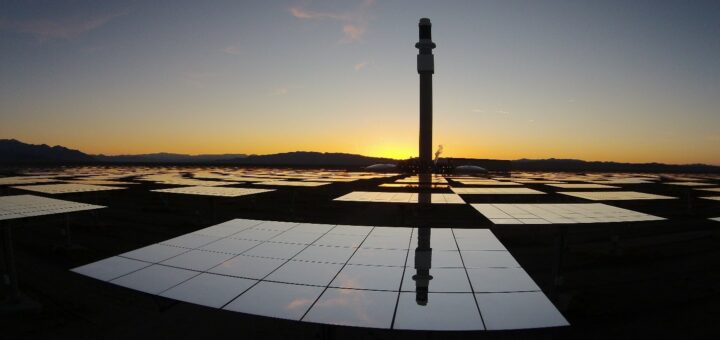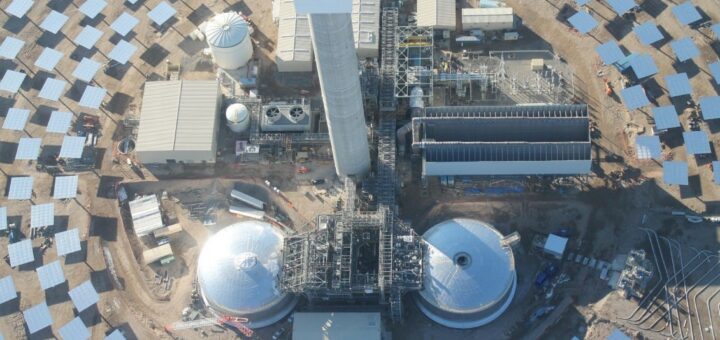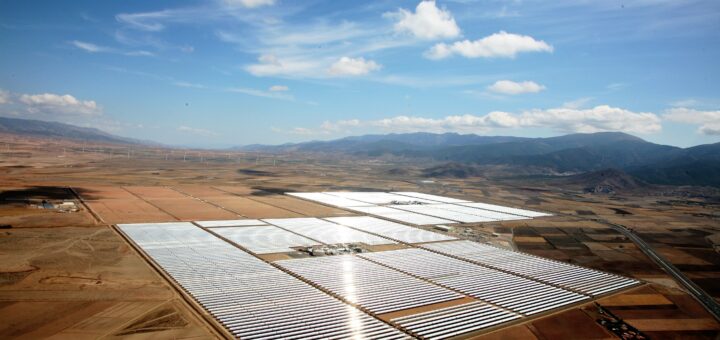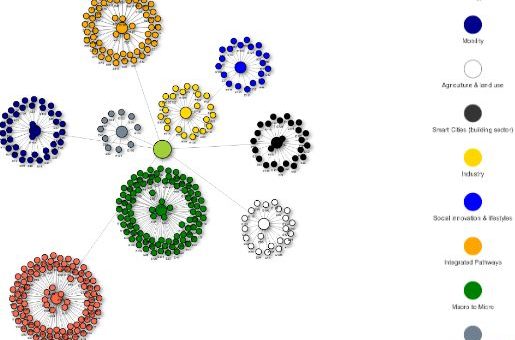Biomass and its demand are growing for multiple uses, such as food for humans and livestock, biofuels, and biomaterials. So, the competition for the biomass itself, as well as that for the natural and socio-economic resources required for its production, is expected to worsen. The assessment of biofuels as an innovation has shown to be a complex issue and difficult to address with conventional modelling approaches for the following reasons explained in this post.
Europe
The business case for CSP (Concentrated Solar Power) is difficult to establish for importer countries as well as exporter countries and its impacts. Although the impacts of the energy transition have recently emerged in the geopolitics, CSP, is almost absent from both the academic and the policy-oriented geopolitical literature. This post further discusses the context of policies for CSP deployment by renewable energy cooperation in the EU.
Different Concentrated Solar Power (CSP) projects has pros and cons for cooperation, so the policy goals in the importing and exporting countries, which partially depend on the context conditions in these countries, should be considered. This post discusses and derives policy implications from CSP projects and how this effects cooperation.
Renewable energy cooperation is expected to play a role to ensure an effective and affordable energy transition in the EU. Besides cost savings in meeting the RES targets, there are multiple factors that determine a Member States’ willingness to engage in a cooperation agreement. Regarding CSP deployment in the past and potential obstacles to the use of cooperation mechanisms, several barriers stand out for cooperation discussed in this post.
There is no uniform format in the energy sector of the EU, although there are some initiatives for regional cooperation leading to intense cooperation between governments in specific parts of Europe. The main asset of regional cooperation lies in the ability of the involved actors to co-ordinate more efficiently. More work is required to address issues related to the further deployment of RES from 2020 to 2030 e.g., the most efficient use of RES potential.
No business model is the same for CSP due to the complexity of projects in terms of engaged actors across the different stages. MUSTEC project team investigated the CSP industry to identify the existing business models and found that the CSP industry has been forced to adjust its original business models. This post further discusses risks and barriers for the CSP industry but also financing opportunities.
The Paris Agreement requires a global decrease in Green House Gas emissions by 2050 which requires input from cities. Research and Innovation (R&I) in European cities is described in this paper and explains the critical R&I actions in cities based on three pillars.
Circular economy (CE) is concept that has recently emerged, especially relevant in cities, and that contrasts the linear economic system. Research gaps in the analysis and implementation of circular economy in cities are a significant barrier to its implementation. This paper presents a multi-sectorial and macro-meso level framework to monitor (and set goals for) circular economy implementation in cities based on Porto, Portugal as a case study.
The DEEDS (Dialogue for European Decarbonisation Strategies) invited European and non-European experts to be part of a scientific group that will support the European Decarbonisation Pathways Initiative (EDPI). A database has been created for experts to join DEEDS.
The International Panel on Climate Change (IPCC) has presented scenarios based on observation of impacts from climate change. TRANSrisk combines modelling tools with input from stakeholders to develop climate models by developing an quantified quantitative four stage analysis and gives conclusions from the analysis results for mitigation scenarios.










